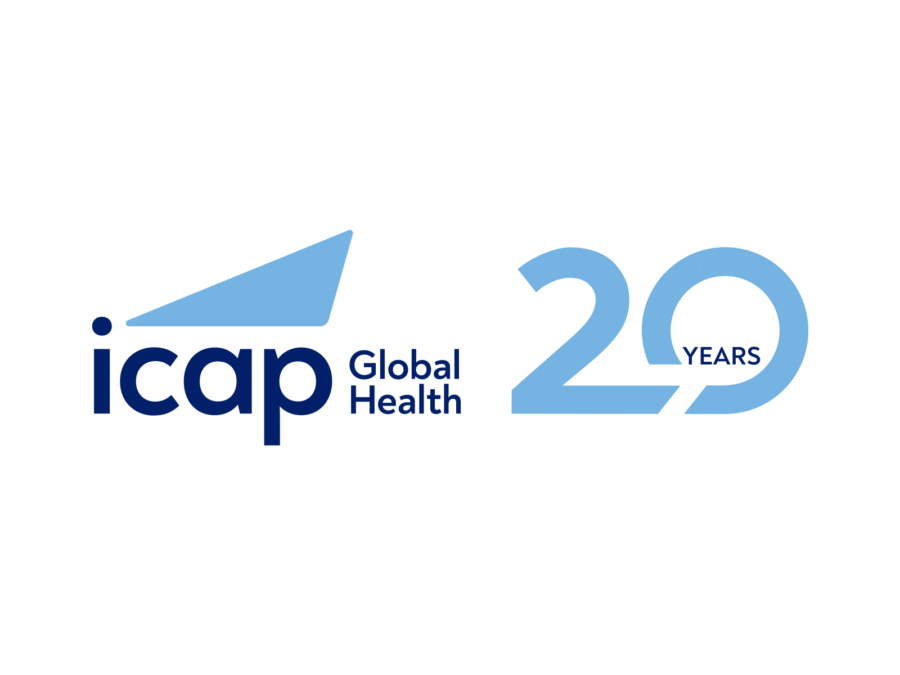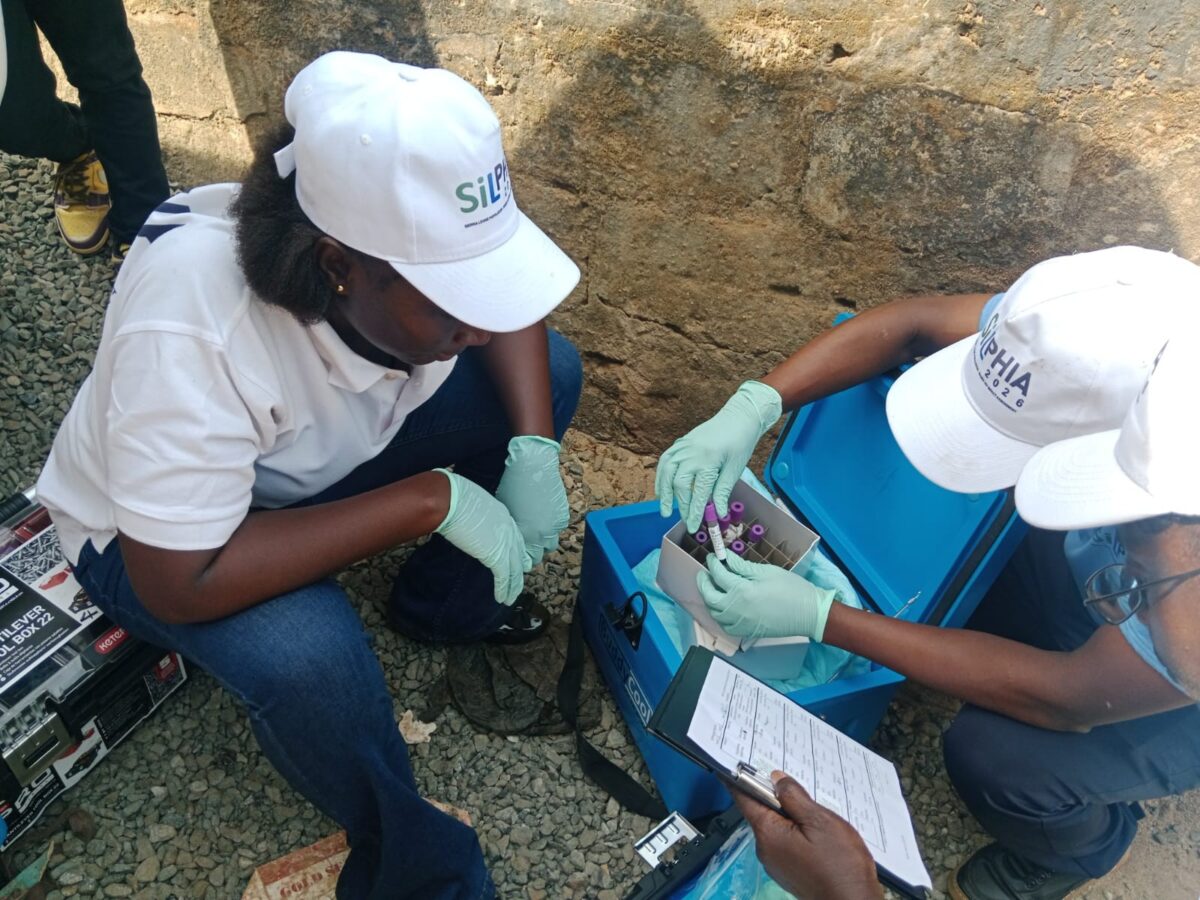Four years ago, there were almost no cervical cancer screening services available to women in Tanzania and prevention efforts were almost non-existent. Most women received a cancer diagnosis late, when opportunities for successful medical intervention were limited. As a result, cervical cancer was the leading cause of cancer deaths among Tanzanian women. Since then, ICAP has emerged as a critical part of a larger national effort in Tanzania for effective cervical cancer prevention programs.
With support from PEPFAR, ICAP is partnering with the Ministry of Health and Social Welfare in Tanzania to build capacity and expand HIV prevention, care and treatment services. As part of these efforts, ICAP has worked with regional and district health officials to establish and develop the Cervical Cancer Screening program (CCS) at over 40 sites in Kigoma, Pwani and Kagera regions in Tanzania. ICAP developed protocols, procured medical supplies, and trained health care workers to provide more effective and comprehensive care to women through the integration of cervical cancer screening.
In Tanzania, where HIV-positive women face more than four times the risk for cervical cancer than uninfected women, cervical cancer screening has created an additional preventive care service for women living with HIV.
“The screenings are the only time women in HIV care and treatment centers receive gynecological exams,” said Levina Mwesiga, registered nurse and ICAP CCS field officer in Kagera region. Mwesiga works with health managers and health care workers at reproductive and child health clinics and HIV care and treatment centers to integrate cervical cancer screening and develop innovative strategies to engage and screen HIV-positive women.
In addition, ICAP worked to streamline services at health facilities by implementing the single visit approach at more than 86 percent of cervical cancer screening sites, enabling women to get same-day treatment for pre-cancerous lesions and improving service efficiency. Many women are no longer required to make multiple visits for treatment and concerns about losing patients to follow-up have been dramatically reduced.
Since October 2011, over 37,000 women have received cervical cancer screening through ICAP support, over 14,000 of whom are living with HIV. More than 2,300 women were diagnosed with precancerous lesions and 75 percent were treated with cryotherapy.
In 2014, the loop electrosurgical excision procedure (LEEP) was established in two regions, expanding the types of pre-cancerous lesions providers are able to treat. One to two percent of women screened will have suspect cervical cancer and when confirmed are referred to Ocean Road Cancer Institute, the only facility providing treatment in Tanzania.
“Women who have never received cervical cancer screening or a proper gynecological exam are showing up for screenings,” said Linda Andrews, ICAP’s CCS coordinator in Tanzania. “Cervical cancer screenings are growing into a major part of women’s health services in Tanzania and are helping shape the culture of women’s health care across the country.”








